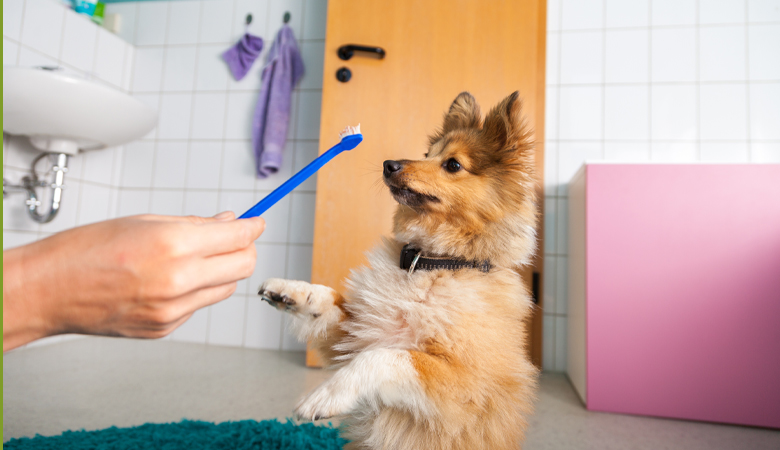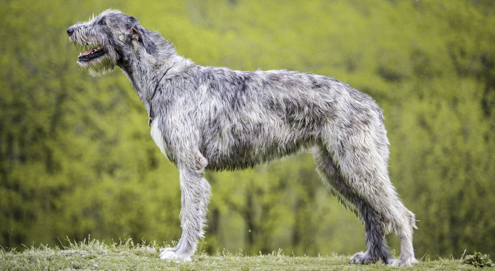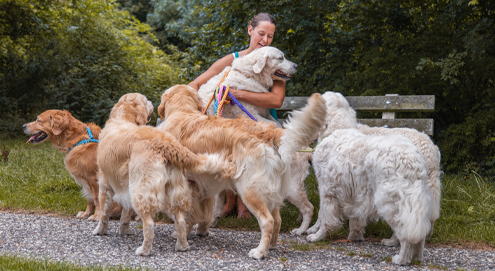
Dental care for dogs
Dental problems in dogs are more common than people think. Although about 98% of veterinarians advise dog owners to brush their pet’s teeth, only about 2% of dog owners follow that advice. In addition, research has shown that 80% of dogs older than three years have dental problems, while only 23% of dog owners indicate that their four-legged friend has problems with the teeth.






